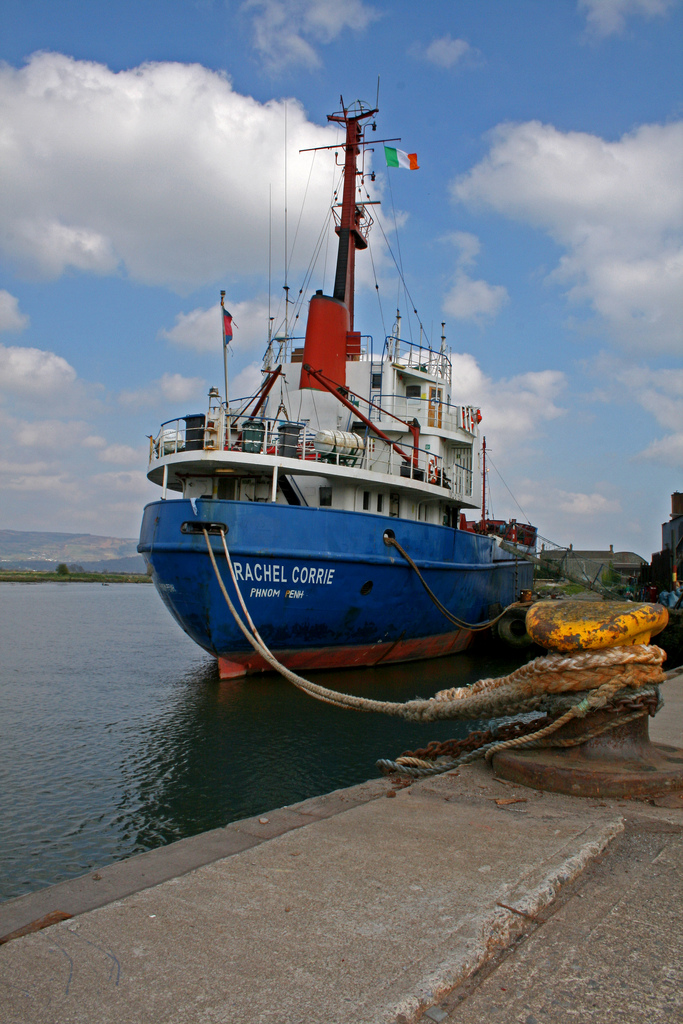Tag: Free Gaza Movement
-
Action Alert: Israeli forces sieze MV Rachel Corrie
Just before 9am GMT this morning, the Israeli military forcibly seized the Irish-owned humanitarian relief ship, the MV Rachel Corrie, from delivering over 1000 tons of medical and construction supplies to besieged Gaza. For the second time in less then a week, Israeli naval commandos stormed an unarmed aid ship, brutally taking its passengers hostage…
-
Israeli military forcibly stops aid boat to Gaza — again
Free Gaza Movement 5 June 2010 (Off the Gaza coast, 5 JUNE) – Just before 9am this morning, the Israeli military forcibly siezed the Irish-owned humanitarian relief ship, the MV Rachel Corrie, from delivering over 1000 tons of medical and construction supplies to besieged Gaza. For the second time in less then a week, Israeli…
-
Rachel Corrie on Her Way
Free Gaza Movement 4 June 2010 The Rachel Corrie is 150 miles away from Gaza in international waters and on her way. They will arrive on Saturday morning. The 1200 ton cargo ship is the last ship from the Freedom Flotilla and is loaded with construction materials, 20 tons of paper and many other supplies…

